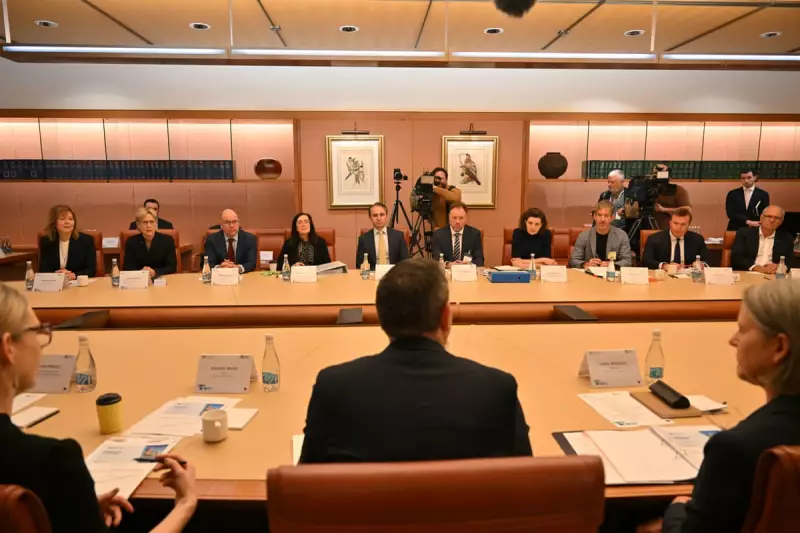
In a landmark session that could redefine the UK's commercial landscape, Chancellor Jeremy Hunt and the nation's top economic minds forged a powerful consensus on the second day of the government's high-stakes Economic Reform Roundtable.
The closed-door meeting, a direct response to the UK's stubborn productivity gap, yielded a bold and actionable blueprint for growth. The atmosphere was described as one of rare, collaborative urgency, moving beyond political point-scoring to deliver tangible solutions for British businesses.
The Five Pillars of Britain's Economic Revival
The roundtable's discussions crystallised around five critical areas for immediate action, signalling a significant shift in policy direction.
1. Unleashing Enterprise: The War on Red Tape
The most resounding agreement was on the urgent need to dismantle the regulatory burdens stifling innovation, particularly for SMEs and the thriving fintech sector. The Chancellor is now expected to fast-track a sweeping deregulation bill, aiming to create the most agile business environment in the developed world.
2. Bridging the Skills Chasm
With one voice, leaders pinpointed the chronic skills shortage as a handbrake on growth. The solution? A revolutionary partnership between government and industry to co-design vocational training and STEM education, ensuring the workforce is equipped for the jobs of tomorrow.
3. Harnessing the Brexit Dividend
In a defining move, the panel agreed to stop treating post-Brexit regulatory freedom as a theoretical concept. A new taskforce will be established to proactively identify and reform outdated EU-era laws, seizing the opportunity to tailor rules specifically for British advantage.
4. Powering Up: A Long-Term Energy Strategy
Recognising that cheap, reliable energy is the bedrock of manufacturing, the roundtable backed an ambitious, cross-party commitment to nuclear power and renewable investment. The goal is to shield UK industry from volatile global prices and ensure competitive energy costs for decades to come.
5. From Whitehall to the Workshop: A New Way of Governing
Perhaps the most cultural shift was the acknowledgement that economic policy must be forged with industry, not dictated to it. This summit itself is being hailed as a prototype for a new, collaborative model of policymaking, with promises of more sector-specific roundtables to come.
The message from Day Two was unequivocal: the era of consultation without consequence is over. The tangible outcomes promised here suggest that the UK's economic fightback is finally being taken out of the conference room and into the real world.




